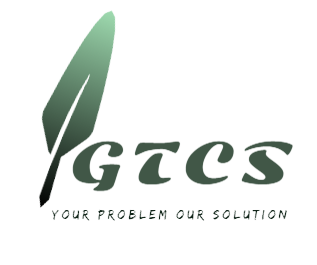SEO is the process of optimizing a website to improve its visibility in search engine results pages (SERPs) and increase organic (non-paid) traffic from search engines like Google, Bing, and Yahoo.
SEO is important because it helps your website rank higher in search engine results, making it more likely to be seen by potential customers. Higher rankings can lead to increased website traffic, visibility, and ultimately, more leads and sales.
SEO involves optimizing various elements of your website, including content, keywords, meta tags, and backlinks, to make it more relevant and authoritative in the eyes of search engines. This helps improve your website’s visibility and ranking for targeted keywords and phrases.
The benefits of SEO include increased website traffic, higher visibility in search engine results, improved brand credibility and trust, better user experience, and higher conversion rates. SEO can also provide long-term results and a high return on investment (ROI) compared to other marketing channels.
The time it takes to see results from SEO can vary depending on factors such as the competitiveness of your industry, the quality of your website and content, and the effectiveness of your SEO strategies. In general, it can take several weeks to several months to see significant improvements in rankings and traffic.
On-page SEO refers to optimizing individual web pages for specific keywords and content, including optimizing meta tags, headings, and images. Off-page SEO involves building backlinks and promoting your website through external channels such as social media, directories, and influencer outreach.
Keywords are words or phrases that users enter into search engines to find information. To choose keywords for your website, start by identifying relevant topics and themes related to your business, products, or services. Then, conduct keyword research to identify specific keywords and phrases that have high search volume and low competition.
SEO is an ongoing process that requires continuous monitoring, optimization, and adaptation to changes in search engine algorithms, industry trends, and user behavior. Regularly updating your website with fresh content, monitoring performance metrics, and refining your SEO strategies are essential for maintaining and improving your search engine rankings over time.
While some aspects of SEO, such as technical optimization and website structure, may require technical expertise, many SEO strategies can be implemented without advanced technical knowledge. There are also many resources, guides, and tools available to help website owners understand and implement SEO best practices effectively.
You can measure the effectiveness of your SEO efforts using various metrics, including organic traffic, keyword rankings, backlink profile, click-through rates (CTR), conversion rates, and engagement metrics such as bounce rate and time on page. Analyzing these metrics regularly can help you identify areas for improvement and track your progress over time.




